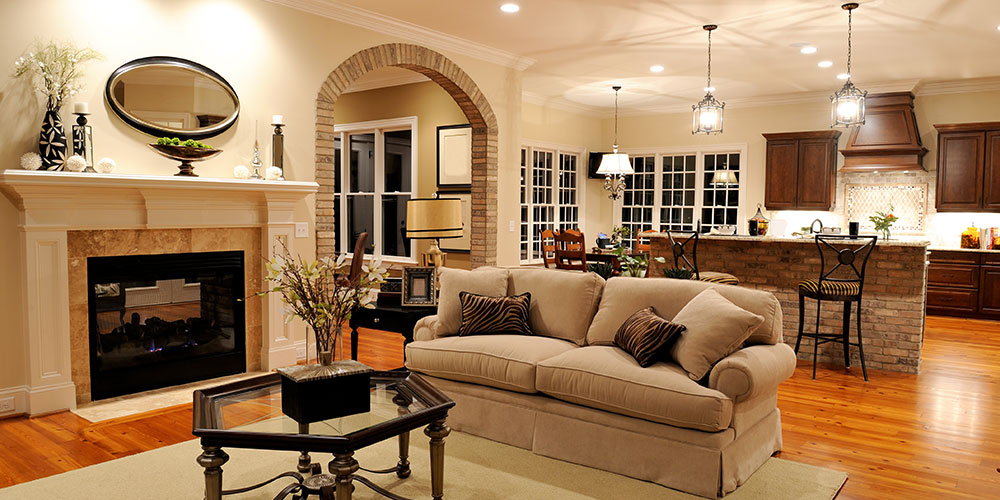Smart cars are already having a significant impact on home automation systems. Drivers can now access certain commands from their cars that are integrated with their smart home systems.
Below are three ways the advancement of smart cars has impacted home automation systems.
1. Home Security on the Go
Many smart cars give drivers the ability to check on and update their home security systems in real time.
Because smart cars are synced with the user’s smartphone, some can carry out commands to the home’s smart garage system. With this ability, users can open or close the garage door remotely, and receive notifications if the garage is left open.
Similarly, once the mobile device and smart car system are integrated, drivers may also receive alerts for other security threats around the home, including fire and carbon monoxide alarms, or home security alarms.
2. Enhanced Convenience
Along with added security also comes the convenience that the combination of the smart car and smart home provides.
When fully integrated, users can control home devices and systems from their car. Drivers can unlock doors, or adjust lighting and temperature controls. With easy remote access, homeowners may also reduce their energy usage and save on efficiency costs.
And it’s just the beginning. Some car manufacturers are starting to design ways to give drivers access to their home’s features on the vehicle’s dashboard.
3. A Familiar Voice
Many of today’s smart cars come equipped with voice recognition technology. Drivers can program a number of voice commands into their car, which can be used to update certain features within the home. Common voice commands include:
- “Open/close garage door.”
- “Turn on porch light.”
- “Unlock front door.”
Research estimates that 55% of cars produced in 2019 will have voice recognition software incorporated.
The power of voice recognition adds an additional layer of security to the user’s car and home. Because the programmed voice commands are only accessible and functional for those whose voice was used to program it, others are unable to use the technology to update the car or home’s automation settings. This protects the homeowner against car theft and helps keep intruders from entering the home.
Amazon Echo is one example of a voice-controlled home system for lighting, temperature and more. The device is in the process of integrating with Ford’s SYNC vehicles to deliver commands between the car and the home.
How have smart cars impacted your home automation and security system? Share your thoughts in the comment section below.
Image Source: Unsplash



